Choosing the correct trailer to carry sand at 44 tonnes on UK roads is both simple yet also a remarkably difficult. Sand is a granular material composed of finely divided mineral particles. Sand has various compositions but is defined by its grain size typically between 0.75mm and 4.5mm. Sand grains are smaller than gravel and coarser than silt. Sand is used is a huge number of building and construction products. It is mixed with cement powder to form concrete. The UK uses a mixture of sand pushout trailers, sand tipping trailers and then rigid tippers. There are multiple reasons why one type of trailer is preferred to another and particulary 'who' you ask in the supply chain for an opinion. For me the first constraint is the question do you want to avoid the hazard of tipping? Then 'can the Sand material be tipped safely'? Is your profitability driven by payload? Clearly many other constraints join the mix - contract security, driver capability - need to be able to mix load types - most sand hauliers and pit owners need to get backloads of other materials. The 'other' materials might be the main reason you switch from one sand trailer choice to another.
Newton Trailers current first choice trailer for the transport of Sand is:
Recommended First Choice Trailer: Fliegl Aggregate Push Out Trailer or Push-Off Trailer. Why Safety via Horizontal Discharge and Payload
Recommended Second Choice Trailer: STAS Aggregate Tipping Trailer - payload win over 8 wheeler and over Fliegl Pushout but less safe than horizontal discharge.
Recommended Sales Options: Hydraulic Rear Door; Automatic Sheet System
Seasonal: No - a year round product!
Tascc Product: Yes and no. Virgin sands yes - recycled materials no.
Product Density: 1600 kgs/m3 Dry Sand and 1950 kgs/m3 wet sand
Trailer Volume: 40 cuyd
50 millon tonnes of Sand Transported in the UK per annum.
A trend apparent in Sand Transport in Europe is that growing numbers of transport companies are switching from 8 wheel tippers and tipping trailers to pushout trailers. Eurovia and others use the Fliegl Sand pushout trailer extensively already in Europe. In the UK the tradition is to use 8 wheel rigids despite this having no logic. In Europe a rigid would be a non logical purchase due to massive payload and efficiency losses - in the UK these vast losses are buried in the confused politics of the 8 meter Bridge Formula and the broken links between engineering and transport companies - I am surprised they still dont use horse cart and a wooden wheel barrow - it would make as much sense. In the 2014 era Sand Trailers that use HORIZONTAL discharge became available - Walking Floor® Trailers - such as the Titan Walking Floor® we sold or the BMI walking floor® trailer or the Wilcox Walking Floor® Trailer. Many had ridiculous running costs and largely have dropped out of favour - they 'sort of work' but with vast capital input; huge depreciation; eye watering running costs. Then Sand Belt loaders appeared on the scene in 2018 - mainly Fruehauf copying the Trout River of Canada product. These cure some of the problems of the floor but then have limited scope for use on a wider range of ballasts essential for the Holy Grail of 'backload' and what the owner must do when Sand is not running.
Now an existing product from Europe but new to the UK is available and is taking the market by storm. The Fliegl Sand Pushout or Ejector Trailer. It has all of the benefits of huge insulation to please the Asphalt Engineer; massively improved payload over an 8 wheeler; horizontal discharge to satisfy health and safety; simplicity of design to decimate running costs and unlimited product restriction - so versatility of product from asphalt to Sand to Muck away - de risking the purchase decision. It can be purchase slightly cheaper - about £5,000.00 or so less - if you take the uninsulated version for just cold aggregate- but the weight and price penalty is low enough to default to a fully insulated product to get access to the higher rates offered to insulated trailers.
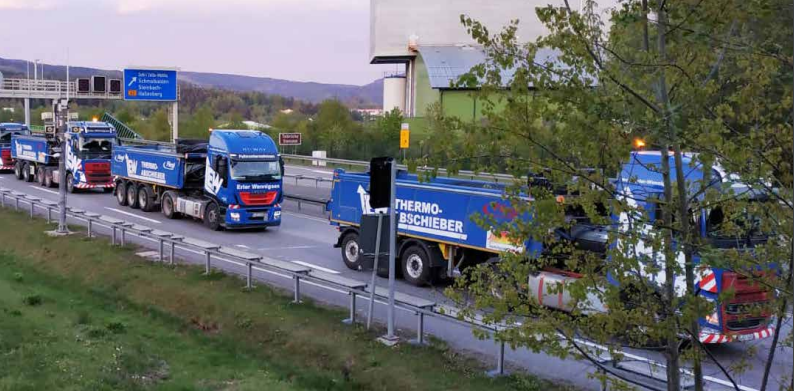
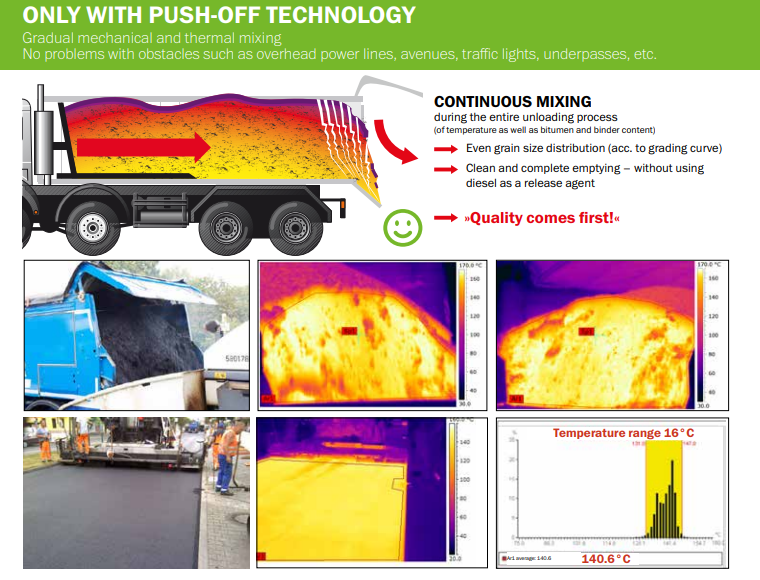
Both steel body and aluminium bodies work on sand. A steel body can be 450 hardness Brinnel. The best aluminium is 110 hardness Brinnel. So if the back load is harder lumps then go for the Steel body. If pure sand then go for the alloy body. However you can have your cake and eat it. The best 44 tonne legal steel body trailer - the STAS U Rockstar may be as light as 6.4 tonnes. Most alloy body trailers are 6 tonnes. So 29.5 tonnne payload is possible even with a STEEL body. Compared with a rigid that may be 10 tonnes extra payload - same driver, fuel, tyres, maintenance - longer trailer life up to 10 years longer than a rigid and less finance cost for the truck trailer combo. It is a no brainer. However 3000 rigids may be sold per annum which = probably 2500 wrong decisions. Anyone who can give a coherent reason for choosing a rigid must be in the 500 side of the market. Aluminium will wear quicker and will require reflooring if doing say 5 loads per day at 6 years old. You could add a quick silver liner for wear but then the 400kgs extra makes the STEEL body the same payload. So mostly it looks like a STEEL tipping trailer win for sand transport or a Fliegl pushout if it is a safety consideration.
Anywhere in the world it is a no brainer. Tipping trailer for payload. New laws entering Europe - VECTO will kill the rigid tipper stone dead. It is a sneaky arguement but the need to meet new Vehicle Emissions standards both Euro 7 and VECTO on Truck and Trailers will force huge payload DECREASES on 8 wheelers though 2024 to 2030. With a potential to reduce payload by 4 tonnes on a rigid you would have to be barking mad to purchase a rigid into the future.
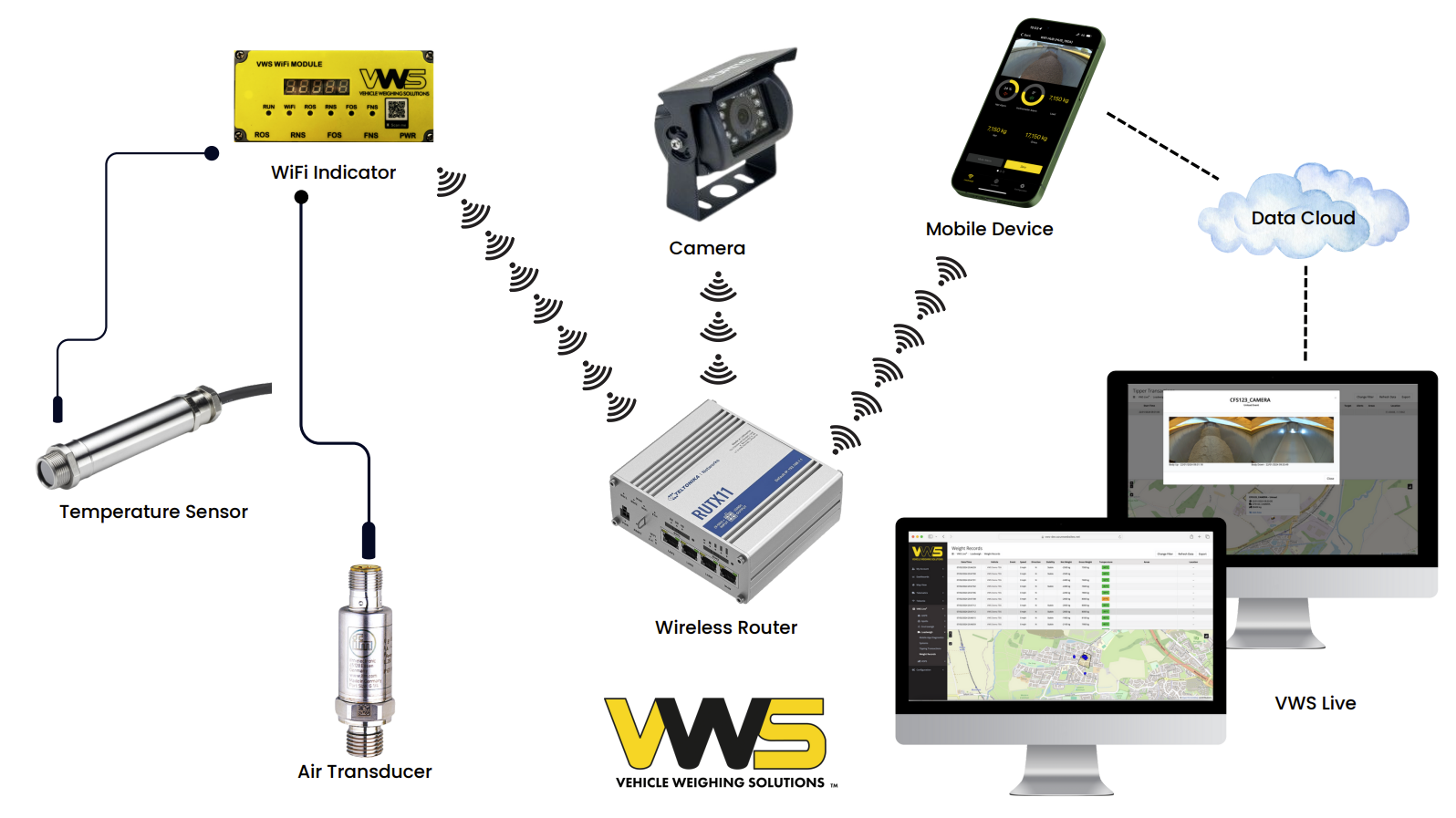
Careless talk costs lives. Tipping in a rigid tipper or a tipping trailer using gravity to move the load introduces a hazard into the operation of sand transport. This hazard can be avoided using horizontal discharge trailers. Many hundreds of rigids and trailers tip over per annum with all the dangers and costs this incurs. It is best to avoid using a large bulker to carry ballasts as the potential for miss loading is introduced. All tipping should really ocurr on prepared level ground with a sand that can be tipped - not sticky, wet or mis loaded up one side. There are two 'standards' that a rigid or trailer can be aligned with DIN70073 or ISO 22138, then there are some IRTE 'Guidelines' that are controversial. Tyre type and construction, tyre pressure, suspension type, suspension make; chassis design; cylinder type and manufacturer; body design, type, size material; length; sheet type, open closed; door type; center of gravity of load; stickyness all need to be computer modelled - homologated and then tested. Despite many claims in the UK almost none of this is done completely and compelingly despite well publicised marketing claims to the contrary. The last public tilt test center in the UK closed in 2018...... so how many UK Manufacturer's have their latest trailers tilt tested with all the latest axles, tyres etc - ask them to justify in detail and you will find mostly ghosts of trailers tested 20 years ago - if that? The only 'safe way' is horizontal discharge.
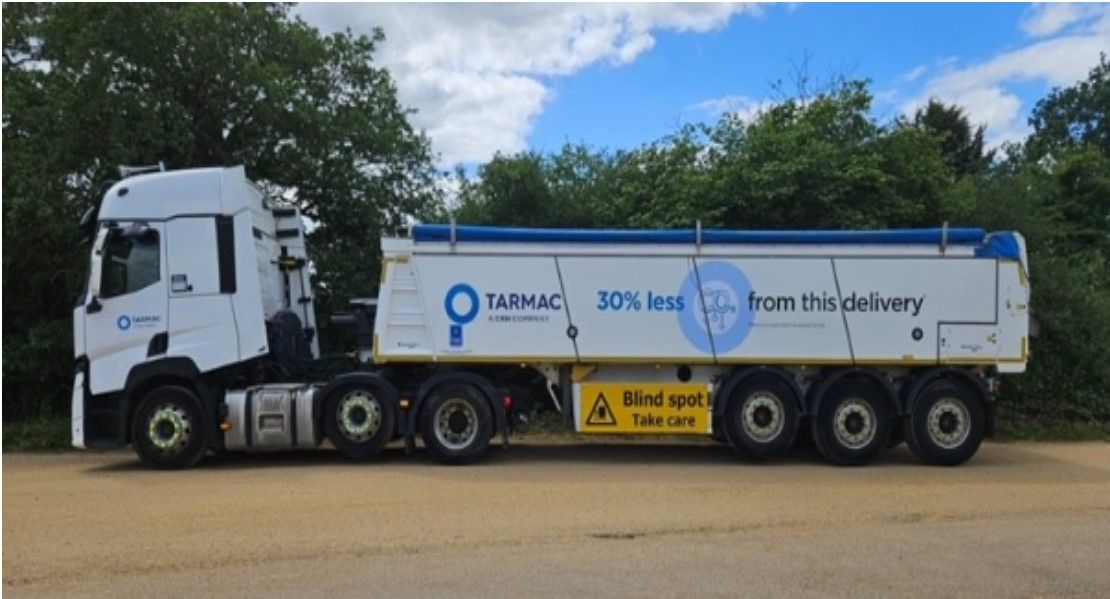
Sand Song: insert MP3 here.
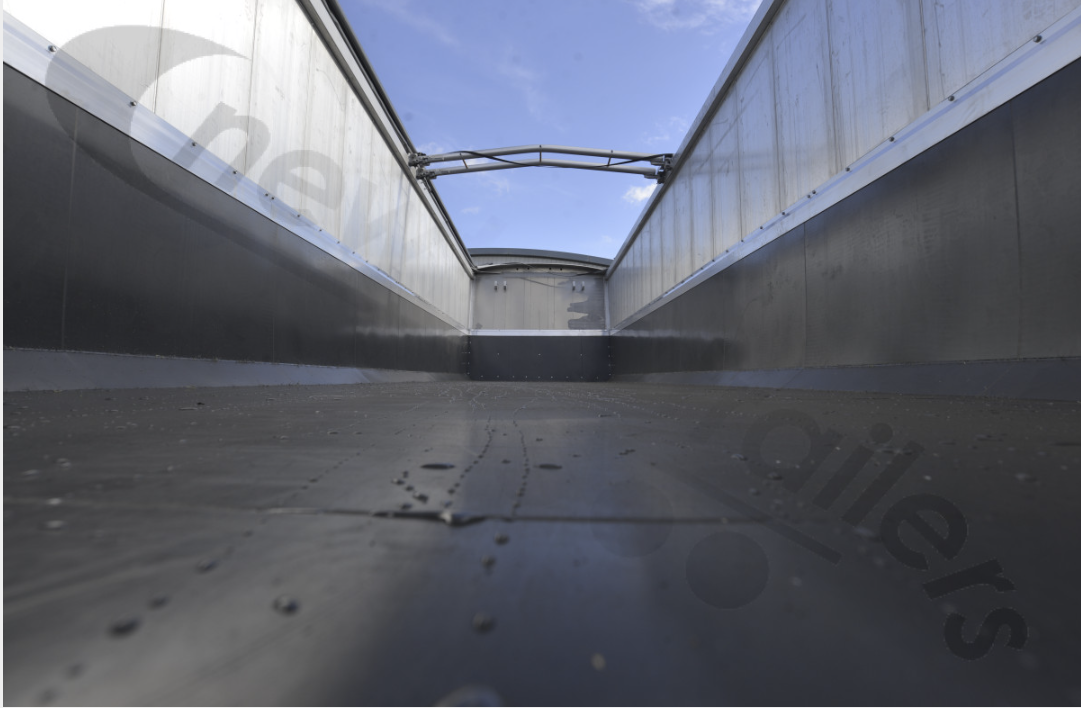
Sand Trailer Option: VWS Newton Weigher with inclinometer and body camera. The body camera allows the operator to correctly load the box front to back and side to side reducing unbalanced loads increasing the risk of instability.
Sand Trailer Option: Powered rear door on an insulated tipping trailer. Powered doors are simpler and get out of the way of the operation without getting a driver or banksman's hands dirty.
Sand Trailer Option: Quicksilver liner. Reduces wear on the floor of the trailer and helps the load move safely from the body even with stickier loads such as wet sand or hogging.
Newton Trailers are the largest supplier of Tipping Trailers, Ejectors and Moving Floors in the UK. Although for Sand transport we would say that the Fliegl Pushout has no comparable product as you get 27 tonne payload without tip over risk there are customers who prefer to use tipping trailers. These will generate a payload gain but come with the hazard of stability in use. We would recommend either the STEEL STAS with potential of 29.5 tonne payload or a Alloy STAS tipping trailer for a 30 tonne payload.
If you really are weird and bored you could try listening to our Sand trailer song:
If you really enjoy your work and love our trailers then you could indulge yourself or perhaps that special person in your life with a pair of safety boots for Sand: Boots for Sand recommended by Newton Trailers
Now this was a bit of debate here at Newton Headquarters what recipe to go with Lava Cake? Rocky Road? or Baked Alaska, or Tarmac Road Cake- in the end we went with: CLICK HERE

| Best Match | Options | Volume | Payload | |
|---|---|---|---|---|
| New | STAS Aggregate Tipping Trailer | 41 CuYds (31.3m3) | 30050kg | |
| Used | 2019 Fruehauf Aggregate Tipping Trailer | 39 CuYds (29.8m3) | 30040kg | |
| Also See | New STAS Aggregate Tipping Trailer | 43 CuYds (32.9m3) | 29700kg | |
| Also See | New STAS Steel Body Aggregate Tipping Trailer | 39 CuYds (29.8m3) | 29520kg | |
| Also See | New STAS Steel Body Aggregate Tipping Trailer | 39 CuYds (29.8m3) | 29240kg | |